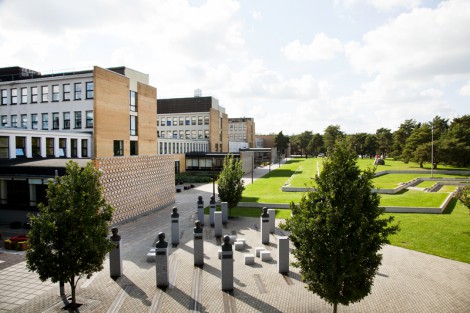Innovation and the State: Innovation policy, public sector innovation and sustainability
Ragnar Nurkse Department of Innovation and Governance
General description of the specialization
The second semester specialization “Innovation and the State” aims to deepen students’ knowledge on the role of the state in supporting and steering innovation processes as well as governance aspects in the context of sustainability transitions.
Estonia offers a unique setting for studying the interrelations between technology and governance. Estonia is one of the most dynamic and digitalized countries in the world and a forerunner in building borderless digital societies and governments (see e-estonia.com, e-
The specialization offers both academic and theoretical lectures on technology governance as well as practical insights that help students to identify and develop skills and capabilities needed to manage innovation-supporting public sector policies and organizations.
Schedule of specialization courses
The specialization module for the ESST students consists of two courses in the total amount of 12 ECTS. There is one compulsory course – Creating Innovation Capacities in Government (6 ECTS, 162 hours) – which focuses on the analysis of public sector organizations that support innovation on the system level (how innovation and change-oriented organizations emerge and evolve in public sector), organizational level (how to structure and manage such organizations) and individual level (what types of managers and leaders such organizations need).
As the second course, students can choose from a list of specific courses (all 6 ECTS and 162 hours) to either broaden their knowledge of global trends in governance – Implementing Governance in a Diverse Globalized World – or focus on specific topics of their interest – Recent Issues in Big Data and Governance or Innovation and Case Studies of New Technologies.
These courses – all thought in English – provide students with:
- Insights into core literature on the specialization
- Current theoretical debates and issues
- Introduction into existing studies and empirical findings
- An overall background to formulate a thesis outline
The two specialization courses are held during the Spring term, i.e. between February and May. The sequence of courses and exact dates vary annually. All courses are scheduled for evening times starting from around 5 pm.
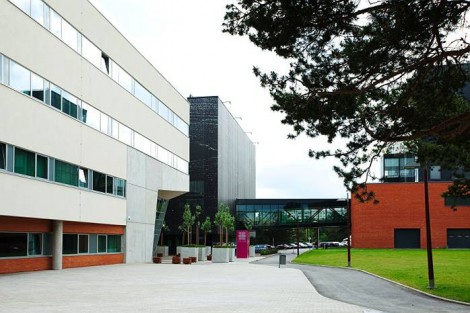
There are no formal requirements with regard to minimum or maximum number of students for the specialization under Technology Governance & Digital Transformation program.
- Rainer Kattel, Wolfgang Drechsler and Erkki Karo. 2022. How to Make an Entrepreneurial State. Why Innovation Needs Bureaucracy. Yale University Press
- Erkki Karo, Rainer Kattel. 2018. The Bit and the Rainforest: Towards an Evolutionary Theory of Policy Capacity. UCL Institute for Innovation and Public Purpose, IIPP Working Paper Series (IIPP WP 2018-03).
- Mariana Mazzucato. 2011. The Entrepreneurial State: Debunking Public vs. Private Sector Myths. Anthem Press, UK.
- Mariana Mazzucato. 2016. From market fixing to market-creating: a new framework for innovation policy. Industry and Innovation, 23(2), 140-156.
- Jan Fagerberg, Ben R. Martin and Esben S. Andersen. 2013. Innovation Studies. Evolution and Future Challenges. Oxford University Press.
- Richard Nelson. 2011. The Moon and the Ghetto revisited. Science and Public Policy, 38(9), November, 681–690.
- Richard Nelson. 1994. The Co-evolution of Technology, Industrial Structure, and Supporting Institutions. Industrial and Corporate Change, 3(1) January, 47–63.
- Charles A. O’Reilly III and Michael L. Tushman. Ambidexterity as a dynamic capability: Resolving the innovator’s dilemma. Research in Organizational Behavior 28 (2008) 185–206.
- Dan Breznitz and Darius Ornston. The politics of partial success: fostering innovation in innovation policy in an era of heightened public scrutiny. Socio-Economic Review, 2016, Vol. 0, No. 0, 1–21.
- Veiko Lember. The role of new technologies in co-production. In: Brandsen, T.; Steen, T.; Verschuere, B. (Ed.). Co-production and co- creation: engaging citizens in public service delivery. Routledge, 2018.
- Piret Tõnurist, Rainer Kattel, Veiko Lember. 2017. Innovation Labs in the Public Sector: what they are and what they do? Public Management Review, 19 (10), 1455−1479.
- Veiko Lember, Rainer Kattel, Piret Tõnurist. 2018. Technological Capacity in Public Sector: The Case of Estonia. International Review of Administrative Sciences, 84 (2), 214−230
- Vasilis Niaros, Vasilis Kostakis, Wolfgang Drechsler. 2017. Making (in) the smart city: The emergence of makerspaces. Telematics and Informatics, 34 (7), 1143−1152.
- Michel Bauwens, Vasilis Kostakis, Stacco Troncoso, Ann Marie Utratel. 2017. Commons Transition and Peer-to-Peer: A Primer. Amsterdam: Transnational Institute.
- Ralf-Martin Soe, Wolfgang Drechsler. 2017. Agile local governments: experimentation before implementation. Government Information Quarterly
- Ralf-Martin Soe. 2018. Smart Cities – From Silos to Cross-Border Approach. International Journal of E-Planning Research (IJEPR), 7 (2), 70−88.
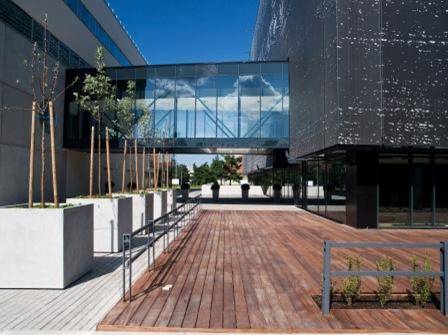
Some examples of thesis topics:
- Innovation and technological development as well as policies in the era of global value chains and/or digital transformation.
- Global patterns of governance and innovation: comparative and case studies of specific regions, countries, or technologies (including blockchain and other peer-to-peer technologies).
- Global policy transfer and policy learning in innovation policies or e-government and public sector innovation.
- Trends and challenges in public sector innovation and digital transformation of government (organizations, services, systems).
- Etc.
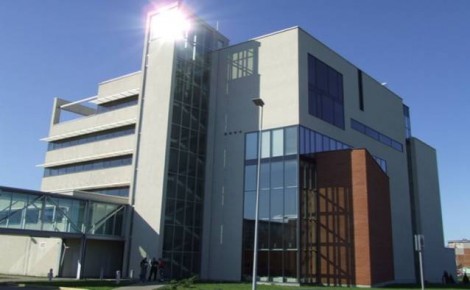
Staff members who may act as thesis supervisors
Professor Wolfgang Drechsler: Public Management Reform, Non-Western Governance (esp. Islamic and Confucian), Innovation Theory and Policy, History and Theory of PA, Political Philosophy, Social Science Theory and Method, Academic Administration, Science Policy (esp. EU), Local government, Nanotechnology, E-governance; Techno-determinism and critique of technology.
Associate professor Erkki Karo: various aspects of innovation, technology and industrial policies: theories, governance, implementation issues, comparative perspective, including focus on East Asia, Latin America etc.; theoretical and practical issues of public sector innovation.
Associate professor Anu Masso: Big data and governance, algorithmic governance, various issues related to big data and public policy (mobility, migration etc).
Professor Veiko Lember: Technology and public administration; digital governance; public-private partnerships; co-creation/co- production; public sector innovation; public procurement of innovation; innovation policy; demand and innovation; technology transfer; research/science policy.
Professor Vasilis Kostakis: Ecological impact of ICT diffusion, peer-to-peer technologies, the feasibility and future impact of the DGML (design globally, manufacture locally) production model.
Research fellow Margit Kirs: Innovation and industrial policy; Technology governance; Business models in high-tech sectors (biotechnology, bioeconomy).
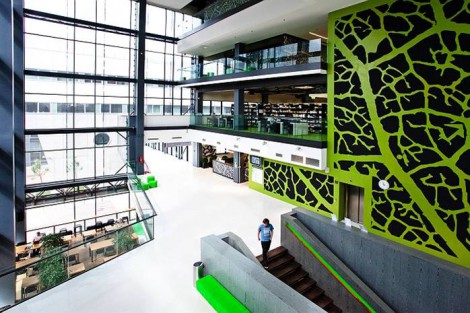
Coordinator of specialization
Egert Juuse, PhD
Ragnar Nurkse Department of Innovation and Governance
Akadeemia tee 3
12618 Tallinn
Estonia
E-mail: egert.juuse@taltech.ee
Phone: +372 620 2657
Tallinn University of Technology
